Critical issues today include the economy, environment, jobs, global conflicts, crime, and play.
When one stops to think about all that is weighing on us all, it is devastating. The crushing load of attention paid to the negatives seems to have caused us to lose sight of the human need for release and self-expression, culminating in active play.
Self-imposed or a forced issue of the economy, leisure time is increasing (call it leisure, free time, lack of work, or job loss); more and more find themselves free to recreate. At the same time, mostly as a result of a failing economy, government providers of recreation and play areas (playgrounds) are cutting back, and among the first to suffer these cutbacks are recreation departments. Facility closings, shorter hours, no supervision, and moving from neighborhoods to single, central sites seem to be the result.
A recent article about a community-built, 25,000-square-foot “destination” playground started me thinking about where we’ve been and have come to. It would seem that such large ventures, while all too admirable, tend to minimize the sense of community developed in a neighborhood where caregivers and children come together with a common understanding of the need to release, refresh and rebuild their home base.
The question raised by the “destination” playground versus the neighborhood play site is part and parcel of the sense of community. Piling everyone in the minivan or hybrid for a trip to the “destination” site diminishes the sense of community that may well be our most effective response to many of the critical issues noted at the beginning.
If the economy is causing local government and/or owners/operators of many playgrounds to effectively abandon them, smaller, more manageable sites in neighborhoods delivered with the agreement for neighborhood care may well be the answer. There are many examples of where such community involvement has worked so well, including in New York City, Michigan, Ohio, and so on; revisiting this option seems a reasonable response in this time of change.
Certainly, the environment can gain from the walk down the street instead of the van trip across town to the “destination” site. A good friend and mentor notes that these trips often incorporate side trips to the cleaners, grabbing a gallon of milk, dropping off or picking up library books, etc., diminishing the value of the experience of play. There’s a significant difference in the carbon footprint of walking down the street to the neighborhood play site and the van trip across town.
Neighborhood play sites may not, in the above model, generate new employment opportunities but they may offer volunteerism opportunities, construction, and supervision, which can be a sense of purpose that may be lost with a job.
The likelihood of the community-based play site having an immediate or dramatic impact on the global conflict over turf, fossil fuels, nationalism, or philosophy is similarly remote; however, one would hope that through the interactions in the community some, if not all, can be minimized with future generations.
Finally, and most significantly to the human spirit, is play. Remembering Bill Cosby’s “Why Is There Air” dialogue we’ve come a long way in realizing the value of recreation and play.
Indeed, the word recreation itself pretty much says it all—re-creation. Refreshing, revitalizing, renewing, and reaffirming the human spirit is the heart and soul of play. The further we remove ourselves from the opportunity to play, the more of a challenge getting to recreate, and the less we will revitalize our spirit—a renewal so desperately needed in the world we’re faced with today.
Bring play back home to the community base we need.

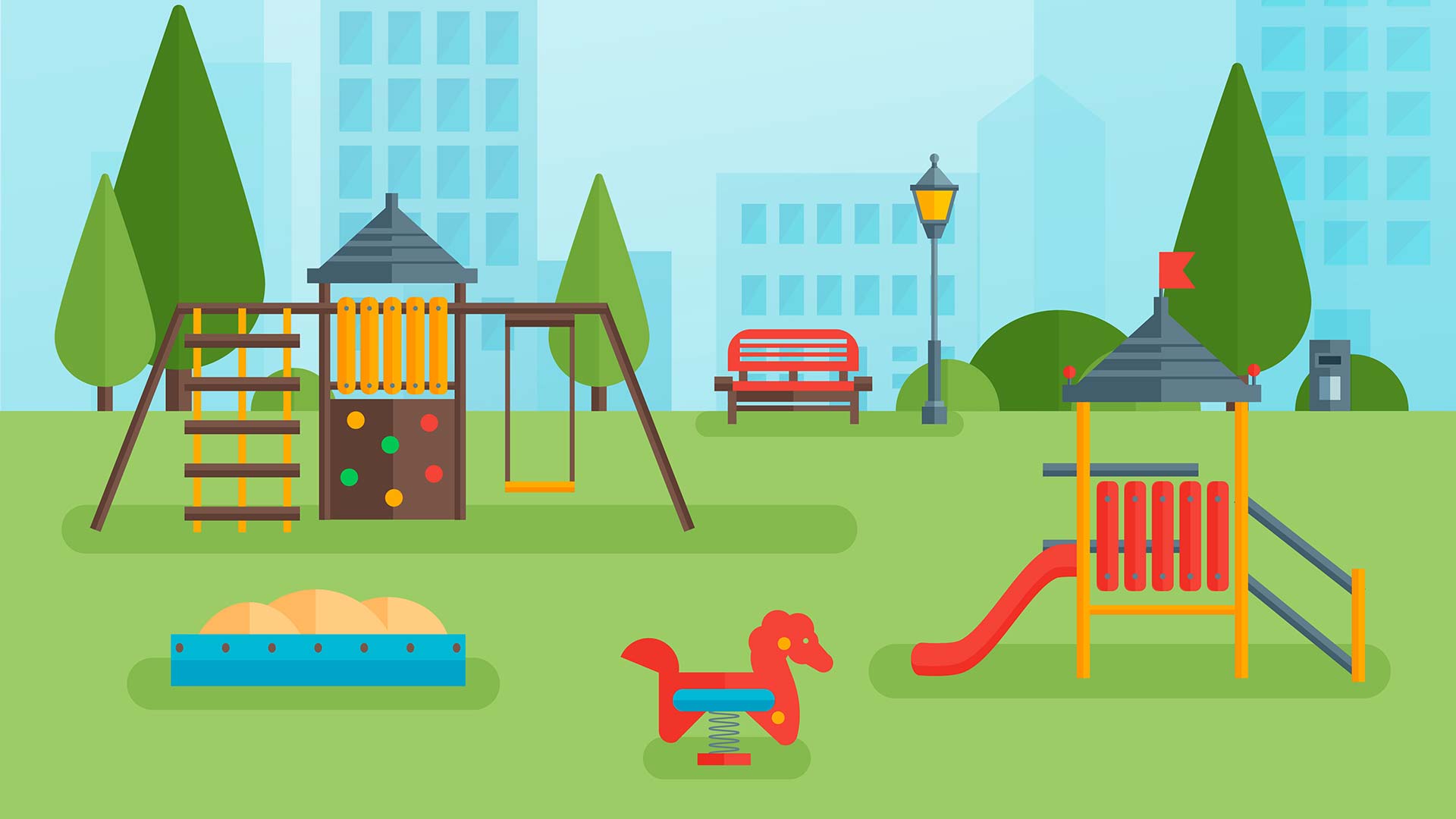
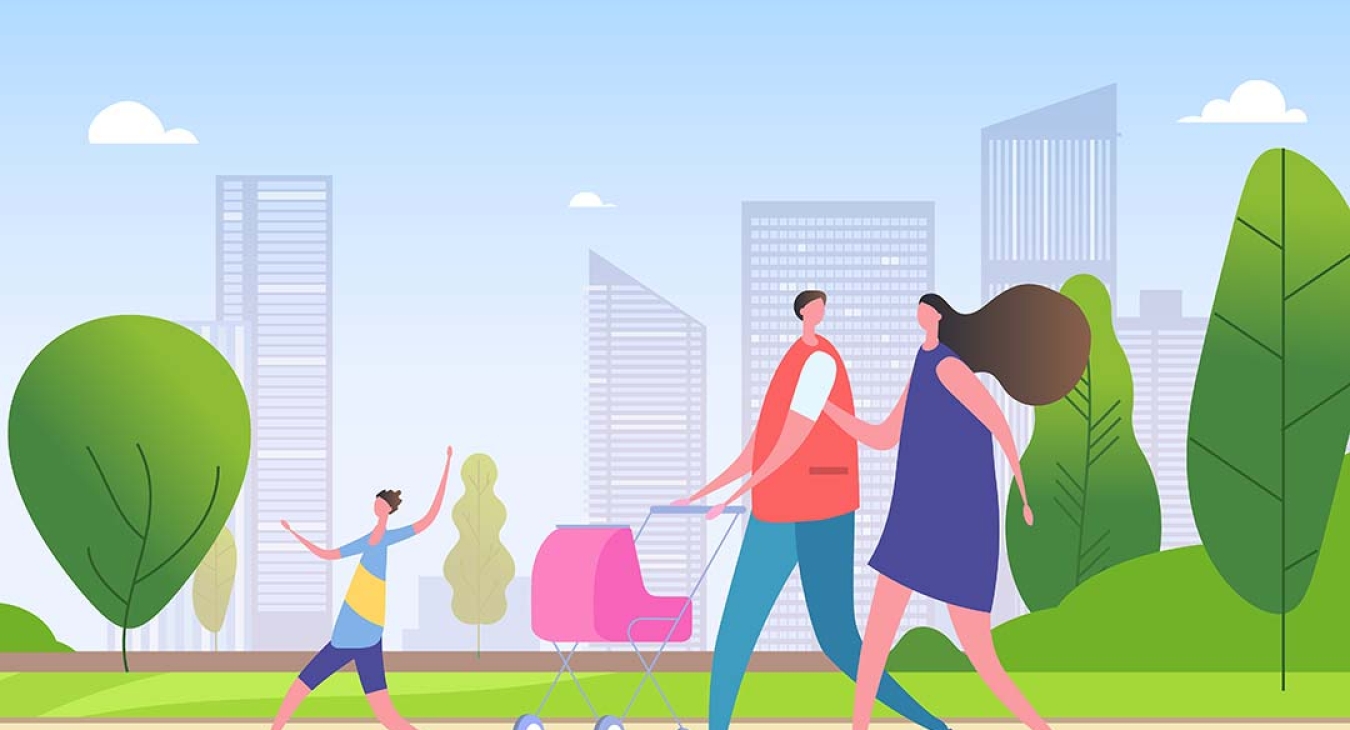

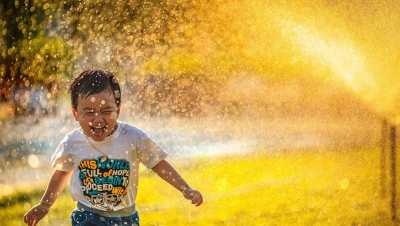
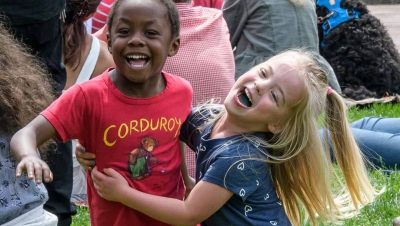


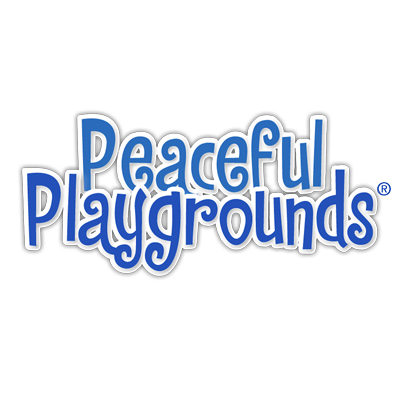


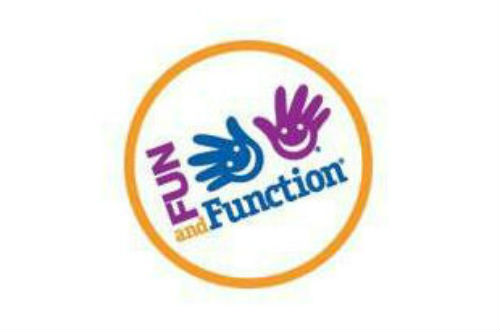
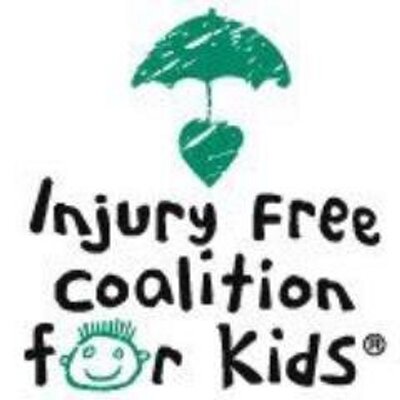







Add new comment